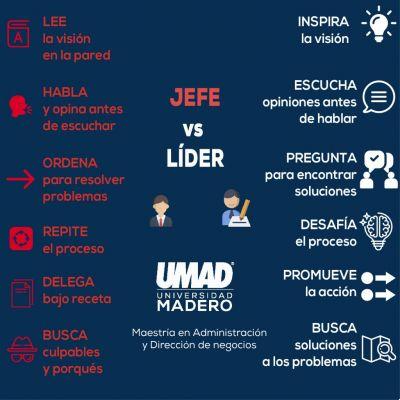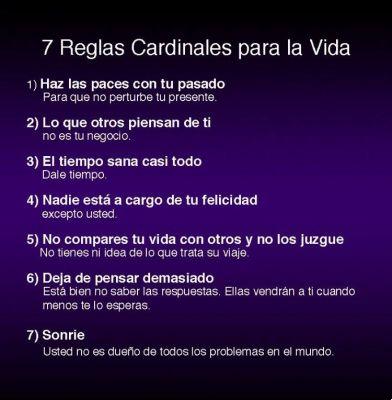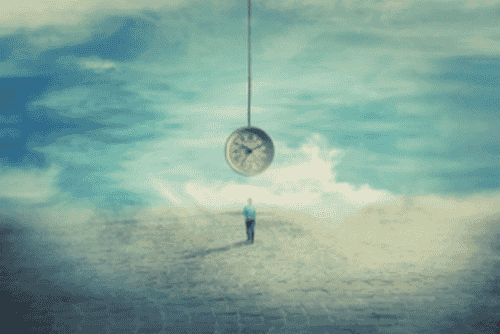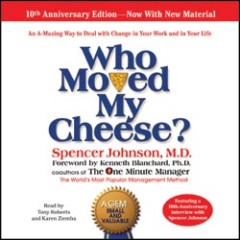Those who are antifragile move confidently even amidst difficulties. He is not afraid of uncertainty because he has learned from adversity and knows how to flourish in chaos. He knows how to manage stress and sees opportunities where others see only problems.

Written and verified by the psychologist GetPersonalGrowth.
Last update: 15 November 2021
Chaos, uncertainty, instability, unexpected events, hyper-connectedness, loneliness, anxiety. The present society could be defined by these and many other nouns. In this scenario, one of the survival strategies is learning to be antifragile, an interesting concept introduced by the Lebanese essayist Nassim Nicholas Taleb in 2012.
Surviving and flourishing in a changing and challenging scenario is extremely complicated. However, not only is it possible, but there are people who even manage to thrive in turbulent times.
It is customary to associate the term "antifragile" to the figure of the Hydra, the mythical snake almost impossible to annihilate because as soon as one head was cut off, two more were born from the wound. It's a metaphor that fits well with those personalities who are able to react despite stress, pain and difficulties.
Obviously it is not easy to adopt such an attitude. It is necessary to go through a phase of weakness first in order to know the defeat, the fall, the bottom.
Only when we learn from adversity, our psychological fractures heal coating itself with a new material, as strong as graphene; thus we become, as Taleb says, antifragile.
Learning to be antifragile: what does it mean?
In 2007 Nassim Taleb spoke to us in his book The Black Swan about unexpected and unpredictable world events. Taleb, a New York researcher, expert in mathematics and finance, pushed us to become aware of how much we are used to taking too many things for granted, to leave little room for the chaos factor which, on the other hand, occasionally alters aspects of our reality.
A black swan can be, for example, an economic or health crisis; or a personal loss, a sudden failure. Accepting that it is not possible to keep everything under control is certainly the main lesson of this enlightening book. Well, 5 years later, Taleb surprised us with a new word, another concept that came to complement the previous idea.
To move in this lake of uncertain waters, where every now and then a black swan is sighted, the best thing is to learn to be antifragile. What it means? What is it for? It's simple: to manage the stress caused by unexpected events, to develop a calm, attentive attitude able to survive in all chaotic situations, to all hard, unexpected and complicated experiences.
It can be fragile, strong, or antifragile
Nassim Taleb describes three different behaviors in the face of the challenge:
- Be fragile. A state that everyone experiences at least once in their life. It means living in constant and unbearable anguish. The example shown is that of Damocles, whose head is threatened by a sword hanging from a thread. The stress that we accumulate at the very thought that something bad can happen to us and we will not be able to get out of it, plunges us into a state of perennial suffering.
- Stay strong, bright and resilient. The example is that of the phoenix: being reborn after being destroyed and rising even stronger ... but without showing great intelligence or wisdom.
- Finally, Taleb proposes to learn to be antifragile. To become like the Hydra, someone whose head can be cut off, but capable of making two more rise from the wound received. To do this, you need to move intelligently in chaos, take advantage of stress or difficulties to re-emerge, grow, rediscover your power.
Are antifragility and resilience synonymous?
Antifragility is basically an economic concept. Resilience, on the other hand, comes from the world of physics. Both of these ideas have been adopted in psychology, especially with regard to personal growth. The question is therefore whether the two terms do not describe the same reality. The answer is no.
Resilience defines our ability to adapt to adversity, to learn from it and to emerge stronger. Being antifragile goes beyond simply adapting to the most difficult times, in which uncertainty or challenge is felt. It means benefiting from them, managing them with skill, seeing uncertainty as an opportunity for growth and power.
Antifragility arises indisputably from the same fragility. Only when we have personally experienced the effects of chaos or destiny, will we be able to harden the skin, the heart, the mind and understand that it is essential to react. But it is not enough to protect ourselves from difficulties. You need to act with intuition in order to thrive during the blizzard.
How do you learn to be antifragile?
None of us are born Hydra, and perhaps no one would want to be. Learning to be antifragile means becoming hard-skinned and cold-blooded monsters. This concept has nothing to do with aggression. Rather, it is a question of working on the following dimensions:
- Learn to manage stress.
- Understanding and accepting all of our emotions.
- Using anxiety in our favor and not against us: to inject motivation, ability to overcome, drive towards success.
- Be creative to provide different answers to the same problem.
- Accept uncertainty, understand that life can change, that what we take for granted today may no longer exist tomorrow.
- Reduce the fear of change. It also means knowing what we need from time to time and giving it to us, knowing how to see growth opportunities and take advantage of them without hesitation.
Learning to be antifragile could prove to be an ideal survival strategy at many moments in life. It is an interesting proposal to be evaluated to take a step forward in our life project.


























